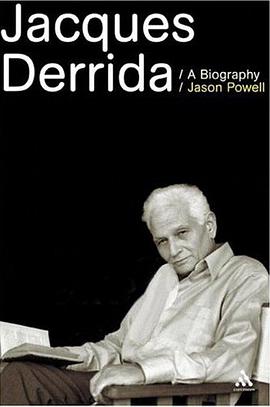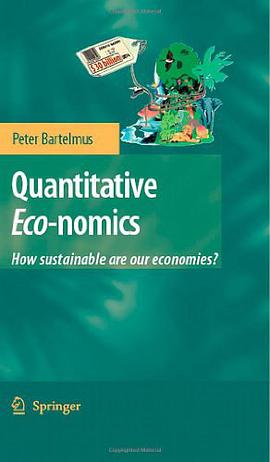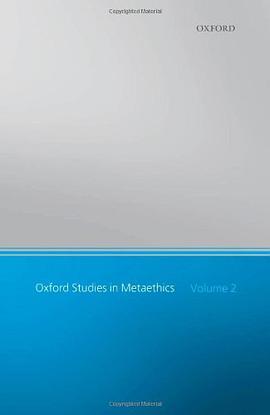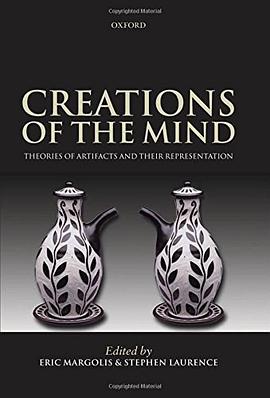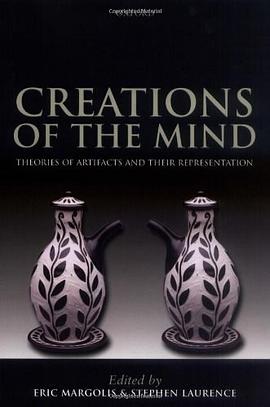

Husserl's Criticism of Reason, With Ethnomethodological Specifications marshals some of the central ideas of phenomenology for use in empirical studies of naturally occurring ordinary interaction. At the same time, Liberman outlines ways that concrete ethnomethodological studies of philosophical thinking and philosophers' work can extend Edmund Husserl's criticism of reasoning by providing specificities that Husserl never furnished. Liberman develops and applies such phenomenological ideas as the limits of apophantic reasoning and logocentrism, the benefits of aporias and negative dialectics, and theLebenswelt origins of meaning. For phenomenologists, he offers clear summaries of the most vital notions that ethnomethodologists use to locate and describe the implicit intricacies of the thinking philosophical practitioners who are actively and collaboratively engaged in formal reflections. Liberman not only engages in a dialogue and debate with the major thinkers of the phenomenological and post-phenomenological tradition, including Husserl, Heidegger, Levinas, Merleau-Ponty, and Derrida, he poses some ethnomethodological challenges to contemporary phenomenological thought. These notions are not only developed theoretically, but also illustrated practically with abundant demonstrations and detailed analyses.Husserl's Criticism of Reason is situated within a philosophical anthropological vision of how human beings have been learning how to use the tools of formal analytic reasoning to serve their thinking without suffocating it.
具體描述
讀後感
評分
評分
評分
評分
用戶評價
相關圖書
本站所有內容均為互聯網搜索引擎提供的公開搜索信息,本站不存儲任何數據與內容,任何內容與數據均與本站無關,如有需要請聯繫相關搜索引擎包括但不限於百度,google,bing,sogou 等
© 2025 qciss.net All Rights Reserved. 小哈圖書下載中心 版权所有






